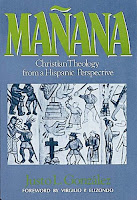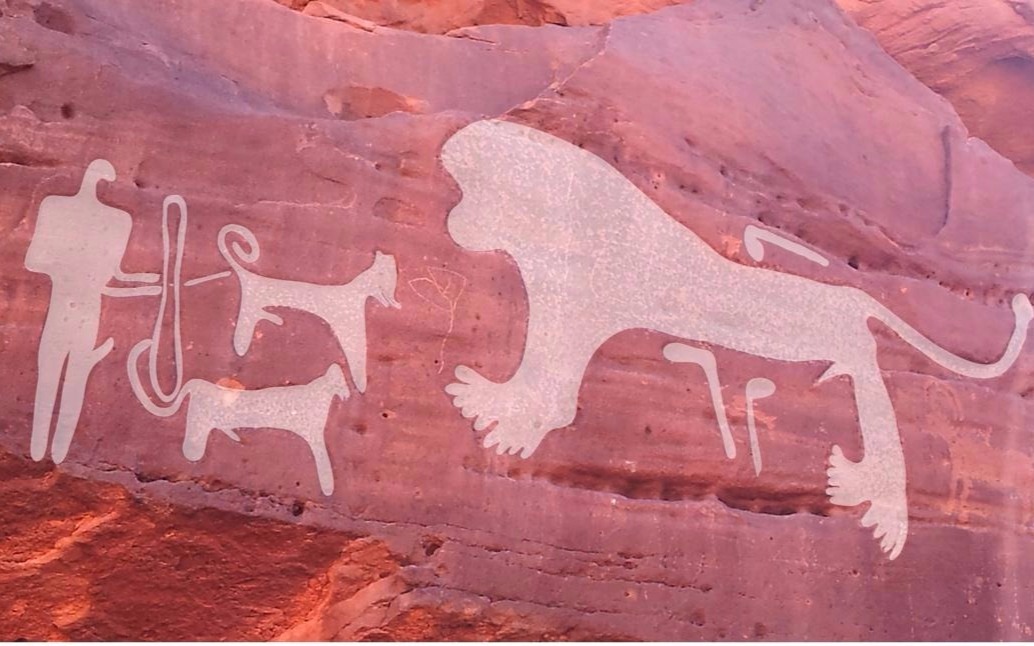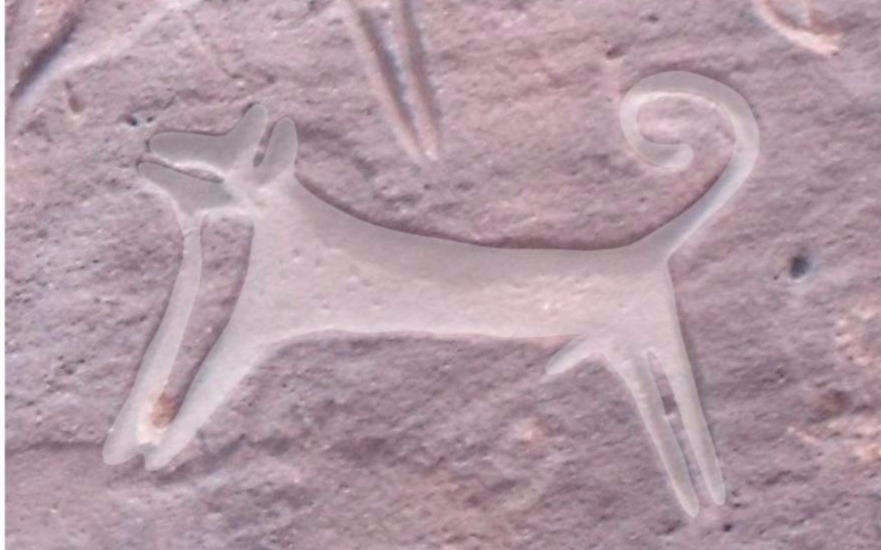Romans 1 is quite common passage to hear sermons on; this probably explains why a rather unremarkable connection that I made today seemed remarkable to me. I've heard this passage discussed so many times, but I've never seen it connected to this one part of its larger context, the preceding chapter.
The New Testament writings are arranged in sets with the narrative portions (the 4 Gospels and the Acts of the Apostles) at the beginning, followed by Paul's letters (largely arranged in descending order of length), and then the letters and writings of the other earliest leaders of the followers of Jesus's way. Due to this arrangement, the first chapter of Romans immediately follows the last chapter of Acts. However, chronologically Romans 1 actually precedes Acts 28 by about 2-3 years.
In Romans 1, Paul expresses his long-term desire, prayer, and intent to come to Rome to share with the Roman believers and to be shared with by them. He longingly awaits God’s will in the timing of this visit.[1]
For God is my witness, whom I serve with my spirit in the gospel of his Son, that without ceasing I mention you always in my prayers, asking that somehow by God’s will I may now at last succeed in coming to you. For I long to see you, that I may impart to you some spiritual gift to strengthen you— that is, that we may be mutually encouraged by each other’s faith, both yours and mine. I do not want you to be unaware, brothers, that I have often intended to come to you (but thus far have been prevented), in order that I may reap some harvest among you as well as among the rest of the Gentiles. (Romans 1:9-13, ESV)
When this passage is combined with the events leading to Paul's actual arrival in Rome, we get a beautiful, difficult, and instructive example of the interweaving of human desire and intent and request with divine design and purpose. Paul's circumstances upon arrival were certainly not the ones he would have proposed for his visit to Rome (see Romans 15).[2]
Anyways, in the 18 verses of Acts 28 which deal with Paul’s time in Rome, we find that it was the Roman family of Christ who first encouraged Paul! Having arrived after a long-term detention, a journey as prisoner to the Emperor’s tribunal, and a shipwreck, Paul needed encouragement, and it was the Roman ‘brothers’ who provided it by coming out to meet Paul's group (Acts 28:14-15). This seems to initially reverse Paul’s major hope to serve and strengthen the Roman believers. Instead of strengthening and encouraging others, the apostle finds himself being encouraged and strengthened! This is a fabulous reminder that even a 'great spiritual leader' will often need encouragement from 'ordinary believers', even when they don't expect to need it. Paul came primarily expecting to give a spiritual gift, but when he arrived, it was he who needed to receive one.
These passages together also give a beautiful view of the way in which divine and human will and desire can work together. They hint again at how our prayers often are answered not by giving us our imagined answers but by giving the divinely-prompted deeper desires which lie at the root of the prayer. Thus, the path to answered prayer and walking willingly in God's will is often much more complex, difficult, and unexpected than our conscious prayers. May our prayers be Spirit-prompted and our reception of them received gladly from the hands of our loving Father.
[1] Later, in Romans 15, Paul mentions more details about his desired journey and how he plans to use a visit to Rome as a springboard for a journey to the far West (to Spain).
In Romans 1, Paul also speaks of proclaiming the Good News to both Jews and Gentiles, those who have already believed and those who have not yet. Both of which are also dealt with in Acts 28.
[2] Regardless, based on his attitude toward ministry in Jerusalem (cf Acts 21:1-15), Paul probably wouldn't have changed paths even if he had known these circumstances.
























